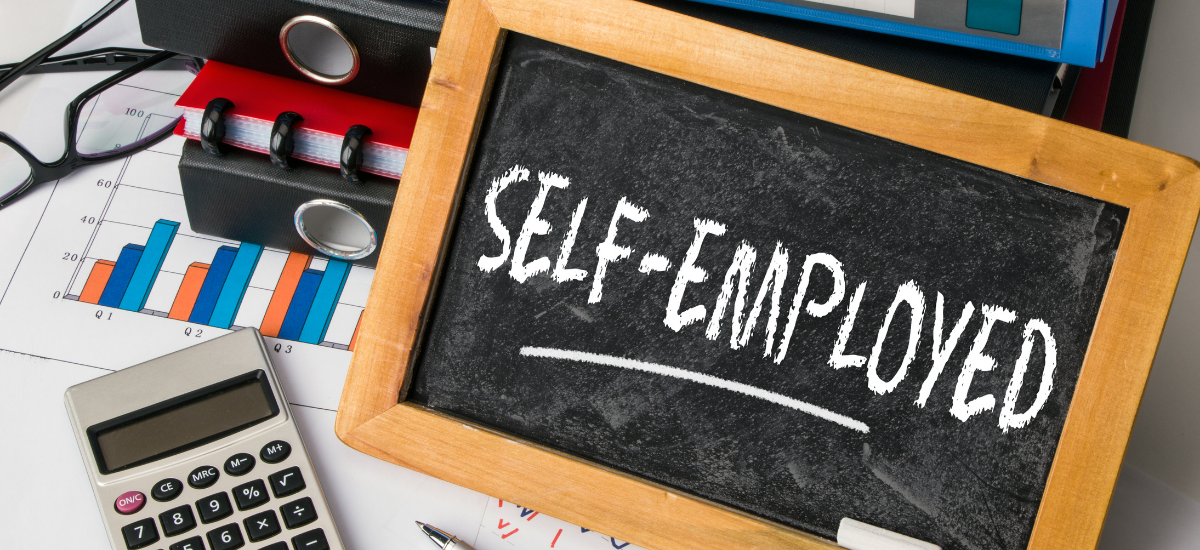Tax Tips for the Self-Employed

- Posted on March 28, 2022
Being your own boss, working from anywhere, and establishing your own hours are some of the many freedoms that come with self-employment. Though certain tax benefits are one of these liberties, a notable downside to making the switch from 9 to 5 is a more complicated tax filing process than your average salaried employee. That said, filing taxes for the first time as a self-employed person may seem like a daunting and time-consuming task, but you can file it with confidence and ease with proper knowledge and preparation. To get you started, we’ve compiled some helpful tips.
Start Preparing Early
Whether you’re an accountant, a teacher, or a lawyer, it’s never too early to start preparing for tax season—especially when you’re self-employed with different financial and tax-related responsibilities than your 9-5 peers. When filing as a self-employed individual, especially for the first time, you will likely run into roadblocks such as collecting missing tax records and determining tax breaks and deductions. Starting the tax preparation process as early as possible can save you some stress in the long run as filing season nears. It also never hurts to get organized while you’re ahead. Instead of keeping a box full of receipts, or hastily recording expenses in a notebook, consider consulting with a professional to ease the record-keeping process and avoid mistakes.
Collect Your Earning Statements
Collecting your earning statements from your self-employed venture not only keeps your finances in check but can save you a lot of frustration when it’s time to report your income on your tax return. Set aside time to review your bank account statements and 1099 forms from any clients, brands, or businesses that contributed to your working income over the past year. Ensuring that every payment is reported accurately to the IRS can also save you from a potential audit.
Keep Track of Write-Offs
Keeping track of standard tax deductions is essential. Taking the time to review all the costs of running your business can help you save both money and time come tax season. For example, typical expenses such as pens, printers, even website domains can be deducted from your taxable income when you’re self-employed. You can also deduct tech purchases such as a new laptop or iPad, given they’re strictly used for work and not recreational purposes. Not only can you write off equipment expenses, but you can also receive a home office deduction, as long as the space is dedicated to your self-employed business. This deduction can include furniture and everyday supplies like highlighters and pens. Just remember to keep track of these purchases and receipts come tax season.
Need Tax Advice?
Check out our previous blog post on Life Events that Affect Your Taxes. In addition, if you need personalized tax advice, our team is always here to help—contact us today to book an appointment!



